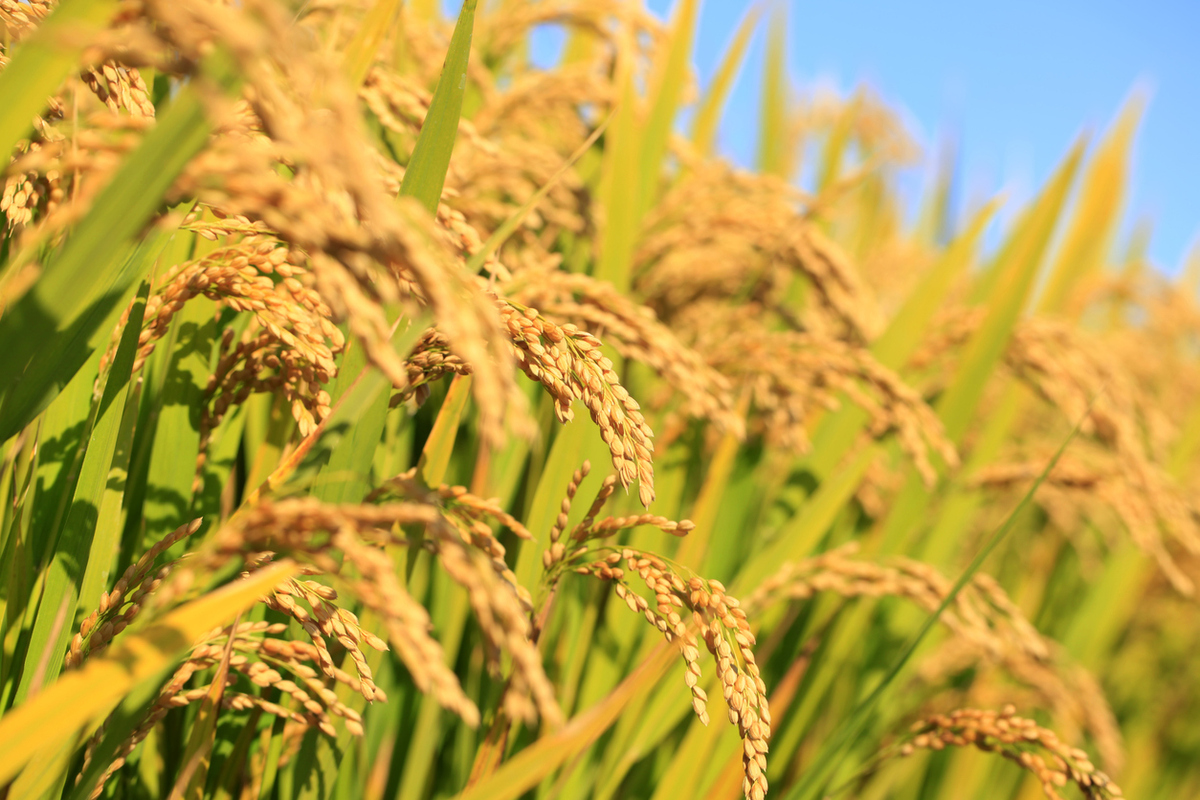
Study Reveals Brown Planthopper Infestation Reduces Susceptibility of Rice to Meloidogyne graminicola
February 14, 2024| |
A study published in New Phytologist shows that brown planthopper infestation reduces root sugar allocation in rice, thereby reducing its susceptibility to Meloidogyne graminicola (M. graminicola), a major soilborne pathogen that causes severe damage to the crop. The findings of this study highlight the importance of sugar allocation in rice for pests above and below the ground.
Brown planthopper infestation is a serious threat to rice production that causes wilting and complete drying of rice plants. M. graminicola causes serious damage to deepwater rice, which includes yellowing, stunting, and gall formation on the roots of rice plants. Both pests consume nutrients, especially sugars, from the rice plants for them to grow and thrive in the environment.
Thus, the researchers developed transgenic rice lines using CRISPR-Cas9 technology to examine the plant's resistance to M. graminicola. The results of the study indicate that OsSUT1 silenced line and OsSUT2 mutant lines show a certain degree of resistance to M. graminicola. This research provides significant insights into the interaction between brown planthopper infestation and M. graminicola in sugar allocation in rice plants.
For more information, read the article from New Phytologist.
| |
You might also like:
- Researchers Test CRISPR-Cas9 Gene Editing on Brown Planthopper
- Search for the Brown Planthopper Resistance Gene in Vietnamese Native Rice Varieties
- OsbZIP1 Mutation Contribute to the Improvement of Rice Yield
Biotech Updates is a weekly newsletter of ISAAA, a not-for-profit organization. It is distributed for free to over 22,000 subscribers worldwide to inform them about the key developments in biosciences, especially in biotechnology. Your support will help us in our mission to feed the world with knowledge. You can help by donating as little as $10.
-
See more articles:
-
Gene Editing Supplement (February 14, 2024)
-
Research and Tools
- CasPEDIA, an Online Resource Offers Summary Information on Class 2 Cas Enzymes
- Study Reveals Brown Planthopper Infestation Reduces Susceptibility of Rice to Meloidogyne graminicola
- Major CRISPR Breakthrough for First-Ever Regeneration of Strawberries from Gene-edited Single Cells
- Toolbox Enables Genome Engineering Without CRISPR
- Novel CRISPR-Cas9 System Isolates Transgene-free Rice Crops
- Updates on TALE-based Organellar Genome Editing in Plants
-
Read the latest: - Biotech Updates (January 21, 2026)
- Gene Editing Supplement (January 28, 2026)
- Gene Drive Supplement (February 22, 2023)
-
Subscribe to BU: - Share
- Tweet

